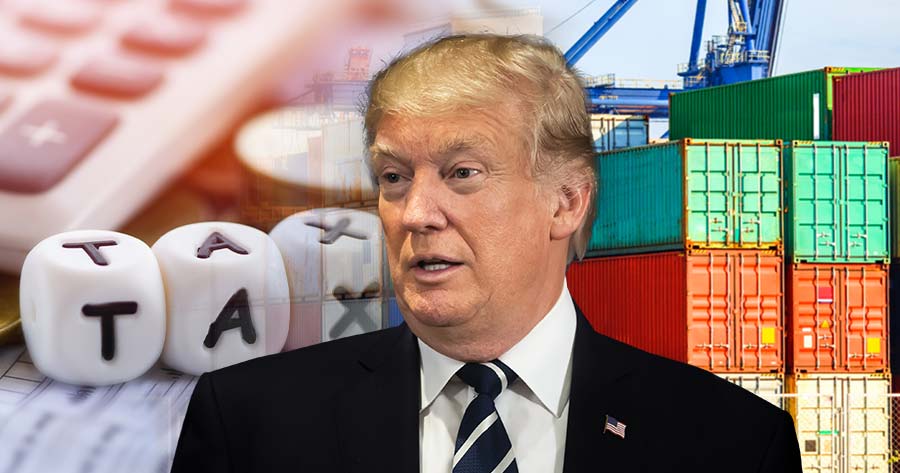On Friday, Trump announced sweeping new tariffs and export controls in direct response to Beijing’s expanded restrictions on critical mineral exports, reigniting trade hostilities between the world’s two largest economies.
The White House revealed plans to impose steep 100% tariffs on Chinese goods destined for the U.S., as well as broad new limitations on exports of what Trump called “any and all critical software.” These measures are scheduled to take effect on November 1, just nine days before previously granted tariff relief is set to expire.
Trump also cast uncertainty over a summit with Chinese President Xi Jinping, which had been expected to take place in South Korea three weeks from now. “Now there seems to be no reason to do so,” he wrote on his platform, Truth Social. However, speaking at the White House, Trump clarified, “I haven’t canceled…I would assume we might have it.”
Meanwhile, Chinese authorities have yet to officially confirm any meeting plans.
The escalation comes after Beijing announced significant new restrictions on exports of rare earth elements—materials critical to the technology manufacturing sector. Speaking to reporters, Trump described China’s move as “shocking” and “very, very bad,” despite the fact it did not explicitly single out the U.S.
The tit-for-tat measures mark the sharpest deterioration in U.S.-China relations in six months, calling into question whether the cautious economic détente brokered over the summer can be sustained. Analysts warn that the introduction of U.S. software export controls could deliver a substantial blow to China’s technology sector, particularly impacting cloud computing and artificial intelligence.
In addition to tariffs and software restrictions, Trump threatened further action in the aviation sector, including potential controls on aircraft and related components. According to a Reuters report, a source with direct knowledge indicated that other sectors may also become targets for new U.S. trade measures.
Beijing, for its part, has consistently urged Washington to halt what it calls unilateral trade actions, arguing that such measures undermine the framework of global commerce.

